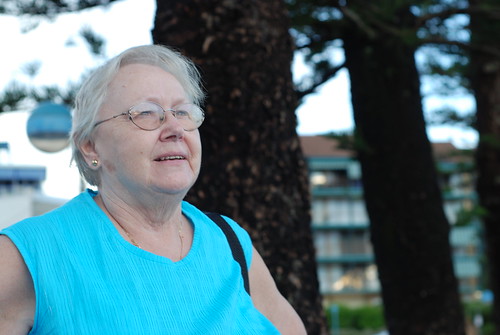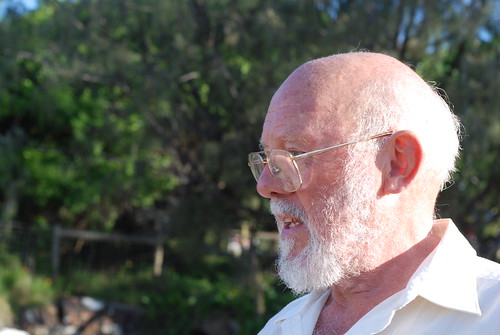Best capstone to a trilogy that, unbelievably, saw my OT3 made canon: Ancillary Mercy
Ann Leckie’s Imperial Radch series explores oppression both overt and covert, personhood and autonomy, cruelty and choice. It is also and very intimately about love and trauma and about the slow and painful process of recovering from having been used as a weapon. It is difficult and allusive and strange and I have seldom loved a story more.
Best memoir containing descriptions of the surface of living human brains: Do No Harm: Stories of Life, Death, and Brain Surgery
A few years ago Jeremy and I saw The English Surgeon, a beautiful documentary about Henry Marsh, and this book of his is an extraordinary complement, the effect of which is to make both texts deeper and richer. You walk away from the film thinking that Marsh is some kind of genius angel. The book is all about his fear, doubt and failures, failures that led to the deaths of patients he loved.
Best inspiration for a hit Broadway musical: Alexander Hamilton
Ron Chernow’s biography of the Founding Father is fantastic in its own right, but looking at how Lin-Manuel Miranda manipulated the timeline and even the construction of some of the main characters is a master class in creative transformation.
Best book whose first chapter will make you ugly-cry into your latte at Cafe St Jorge, to the mild alarm of your fellow guests: Voices from Chernobyl: The Oral History of a Nuclear Disaster
Svetlana Alexievich won the Nobel Prize this year but be warned: her stories about what actually happened in the aftermath of the explosion, and how social class dictated who suffered and who died, will fuck you right up.
Best and most moving farewell from a writer you have loved all your adult life: On the Move: A Life
What can I add to what has already been written about Oliver Sacks, his imaginative compassion, the generosity of spirit that grew so unexpectedly out of his privileged and circumscribed circumstances? Not much. (In close second place for this category: Clive James’ Cultural Amnesia.)
Best gift for your girlfriends of the crazy cat persuasion: The Dead Ladies Project: Exiles, Expats, and Ex-Countries
Disappointed in love, the brilliant Jessa Crispin packed up her apartment and couch-surfed her way across Europe, reading in search of reasons to go on living. A manifesto for all of us who are lost, lonely and ugly, outside and in.
Best book you bounced off hard as a stupid kid and now recognize for the straight-up masterpiece it is: Beloved
The insane, vindictive ghost baby? It’s us.
Best book-length elaboration on the theme that Black Lives Matter: Between the World and Me
Ta-Nehisi Coates’ open letter to his son may also turn out to be an enduring masterpiece, but for me the most intimate pleasure of it was its celebration of Paris, a city that for all its fucked-up flaws is one of the finest things human hands have made.
Best book that killed off my favorite character from the previous book in its opening scene: The Philosopher Kings
Jesus, Jo! This series is obviously written for the pure motherfucking joy of it, for the wish-fulfillment of standing shoulder to shoulder with the writers you adored and building a city even more beautiful than Paris. (And then finding out that you had overlooked some very important questions about personhood, autonomy, cruelty and choice.)
Most heartbreaking memorial to our own lost generation: And the Band Played On: Politics, People, and the AIDS Epidemic
An essential book and a companion to the equally essential The Gentrification of the Mind: Witness to a Lost Imagination, Randy Shilts’ history of the plague documents the appalling cost of it and the sheer inadequacy of our human response.
Most beautiful portrayal of raw grief: Men We Reaped
Five young men close to Jesmyn Ward died in four years, and this devastating meditation on their deaths brings their loss into razor-sharp focus.
Most accurate portrayal of Australia as an airless mining asteroid that turns men’s hearts to stone: This House of Grief
Helen Garner is our Janet Malcolm and this book is our Iphigenia in Forest Hills.
By the numbers:
Books by women: 7. People of color: 3. Gay men: 2. Straight white men: 2. (Is this the most charming sentence in Wikipedia? “Marsh is married to the social anthropologist Kate Fox and spends his spare time making furniture and keeping bees.” Kate Fox wrote Watching the English! BEST DINNER PARTY GUESTS.) I used to joke that I didn’t read books by straight white men because their concerns were too narrow and parochial, but it’s not a joke any more.
Australian writers: 1. Russian: 1. English: 3ish, although Jo Walton is Welsh and lives in Canada and Oliver Sacks spent most of his life in New York. American: 7.
Total books read: about 120. Either I am slowing down or I lose 30 books’ worth of capacity in each year in which one of my parents dies. Guess we’ll find out!




